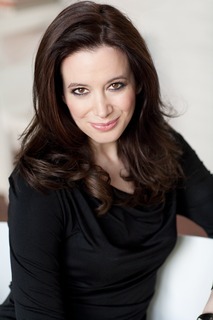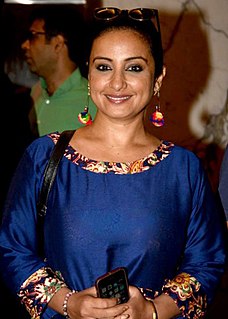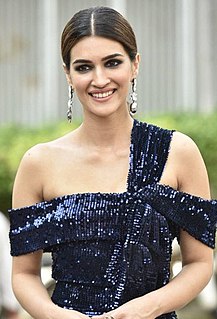A Quote by Carol Roth
I have been working in male-dominated industries most of my life. When I started my career in investment banking, I was one of two women in my analyst class.
Related Quotes
Men ruled the roost and women played a subservient role [in the 1960s]. Working wives were a rarity, because their place was in the home, bringing up the kids. The women who did work were treated as second-class citizens because it was a male-dominated society. That was a fact of life then. But it wouldn't be tolerated today, and that's quite right in my book... people look back on those days through a thick veil of nostalgia, but life was hard if you were anything other than a rich, powerful, white male.
I started in investment banking at Allen & Company in 1991. It was the go-go days of media mergers, and we were incredibly busy with one deal after another. Unlike typical investment banking groups, even in the midst of merger mania, we didn't have a formal face-time culture - and I felt empowered by that.
When I first started out in my career, I'd been a lit major in college so I didn't have a lot of choices. The traditional options were management consultant or investment banking, and I hadn't even taken an economics class so those were pretty much out. I didn't want to go into academia. For me, research and instinct were my unique tools that seemed to work best on a marketing and merchandizing path. It's kind of right-brain and left-brain.
The bonding of women that is woman-loving, or Gyn/affection, is very different from male bonding. Male bonding has been the glue of male dominance. It has been based upon recognition of the difference men see between themselves and women, and is a form of the behaviour, masculinity, that creates and maintains male power… Male comradeship/bonding depends upon energy drained from women.



































